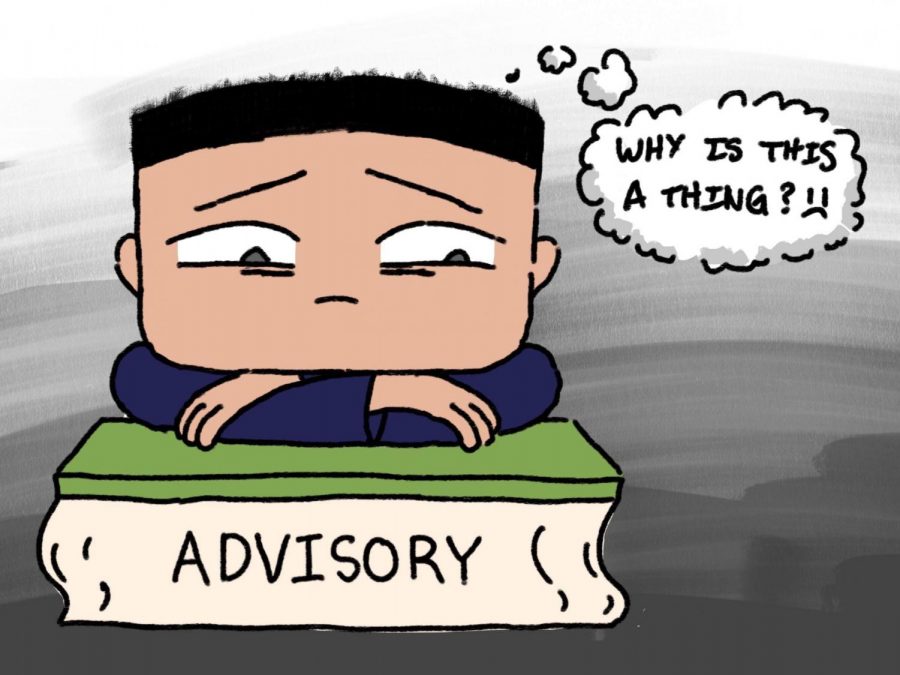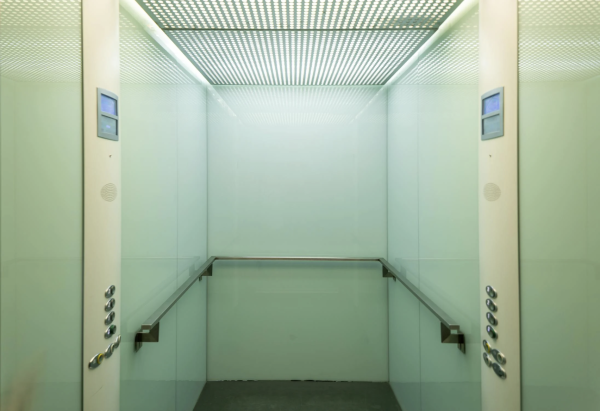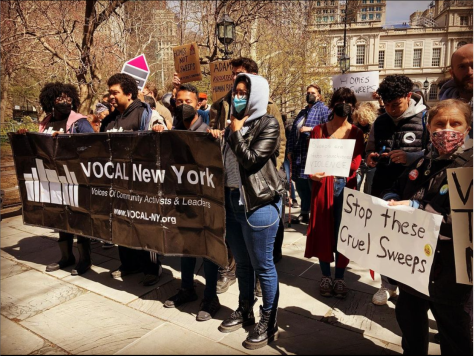Advisory Must Be Changed
Have you ever sat in an Advisory session and wondered what the point of it is?
Many teachers would define Advisory as a series of community-based programs that help ensure the students are on the right track. These include topics of procrastination, time management, proper citation, and college counseling. Some students agree with such purpose and believe Advisory should include even more programs to support students, such as political debates. However, other students believe Advisory should be used as a study period instead of coordinated activities. These students believe the programs are counterproductive and do not help the students.
Some students believe the goal of Advisory, to support students, can be obtained when students are more involved in activities and programs. These students tend to believe that these programs are essential to help students and support them. “Advisory is unnecessary because it doesn’t help us at all and there are not many beneficial programs,” Alexander Dahl, a T2 student, said. “I believe Advisory should instead focus on teaching things that we will need to know in the future (for example, how to do taxes), and that will get us ready for adult lives in non-academic aspects.” However, others disagree. Matthew Lowe, a T2 student, believes students should discuss current social issues during Advisory in the forms of political debates. Rita Byrne, a T2 student, suggests another alternative. She said, “The role of Advisory should really be to help students understand what they need to do in the IB and give them tips on how to get ready.” Nick Jongkind, a T2 student, said, “I think students want to develop their study skills, so programs such as time management should be prioritized.”
Although some students believe these community-based programs would be beneficial, others criticize their value and demand for a replacement or removal of Advisory sessions. These students believe Advisory makes it difficult for them to meet their academic requirements as they see Advisory as a waste of time. Yumadi Aye, a T2 student, believes there should be a reduction of Advisory sessions. “I think the group activities and discussions are unnecessary and should be replaced by a study period.” Clara Scholl and Jenna Alfahed, two T2 students, agree with this suggestion and believe this would be very helpful for some students. Some students go even further. Luca Riva, a T2 student, firmly believes Advisory should “not exist” and be “taken away.”
Students’ opinions vary regarding the issue of Advisory. But they do share one thing in common: they are unhappy with the present state of Advisory and demand changes.
Hence, the school should listen to the students as their input could increase the value of the subject and perhaps even their participation in the sessions. One possible solution is to conduct a poll and choose the most popular solution. However, as the current state of Advisory is considered “boring” and “useless,” the most popular option would most likely be to take it out as a whole, something the administration would never do. Therefore, an alternative is to have a combination of the two different viewpoints: week A can be devoted to a study period while week B can focus on student activities. A third possibility is a compromise between the teachers and the students. Student Council members have been discussing with the grade leaders to work out a solution that is desirable to the students and to the school administrators. The grade team leaders have also been meeting with Ms. Washington to develop interesting advisory topics, however, up till now in the school year these changes have not been felt and Advisory is still seen very negatively by the students.
In pursuing any of these solutions, it is imperative to respect student voices. Only then can Advisory can be transformed into a project of the students, by the students, and for the students. Only then can we sit in the new Advisory session and say, “this actually helps.”








